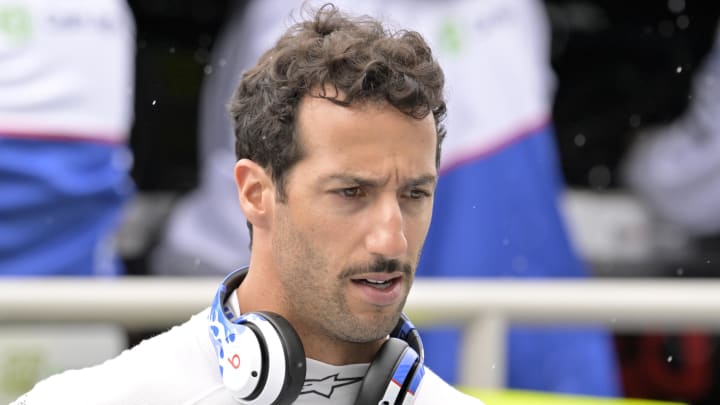Daniel Ricciardo Reacts To Recent F1 Rule Change - 'Can't Do Much Strength Training'

The F1 Commission has passed a new regulation impacting the 2025 season. Starting next year, the minimum dry weight of F1 cars will change from 798kg to 800kg. This change, though subtle, is aimed solely at addressing the driver's weight along with their seat and equipment, specifying that these additional kilograms are not to be used elsewhere in the vehicle's build.
This tweak is primarily designed to benefit drivers who naturally weigh more or are taller, relieving them of the pressure to undergo extreme dieting to meet existing weight standards on race days by dehydrating themselves. It's an update that Formula 1 hopes will make racing conditions fairer for every competitor, regardless of their body type.
Red Bull's Daniel Ricciardo has welcomed the adjustment with open arms.
"[Drivers] can’t help being tall,” Ricciardo continued. “So it's unfair if they have to kind of dehydrate themselves just to make the weight."
The discrepancy in driver heights across the F1 grid substantiates Ricciardo's point. While Ricciardo himself stands at a moderate 178cm, he isn't the tallest. Drivers like Alex Albon and Esteban Ocon tower up to 186cm, showing a clear disparity.
“Even if we’re not even reaching that weight, it is nice that we have the freedom to be the athletes that we need to be, and it’s not like: ‘Oh, we have to watch out, we can’t do too much strength training.'” This change allows drivers more leeway in their physical preparation, a shift the Australian believes will serve them well.
“Having a little bit of freedom now around our training, that’s a big benefit for a lot of us,” he added.
However, Carlos Sainz of Ferrari offered a slightly tempered view.
"[We] keep adding two kilos here, three there, five there. In the past, [cars] were around 600kg.
“But anything that we can do to bring the weight back down, I think every driver here will appreciate it," he concluded.
